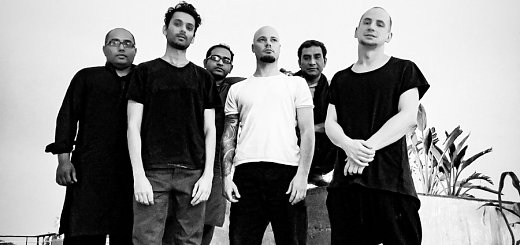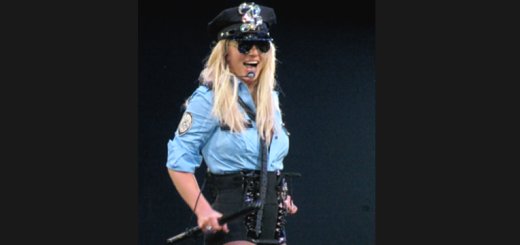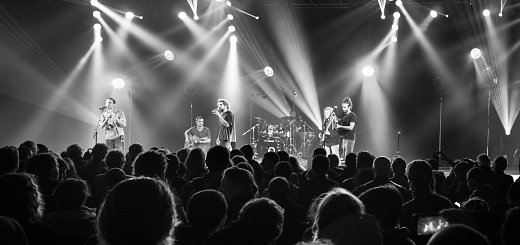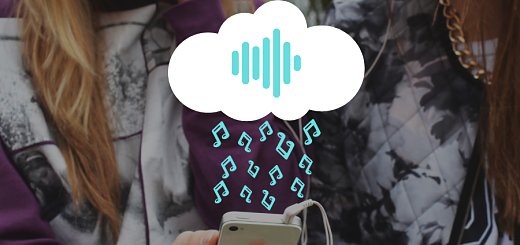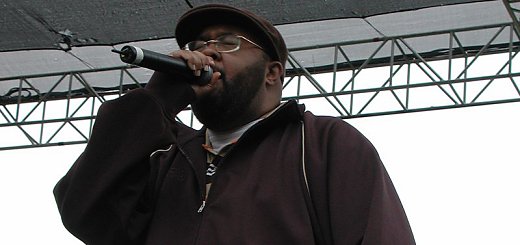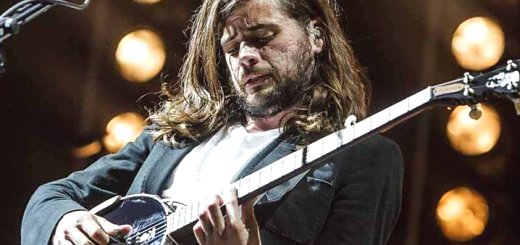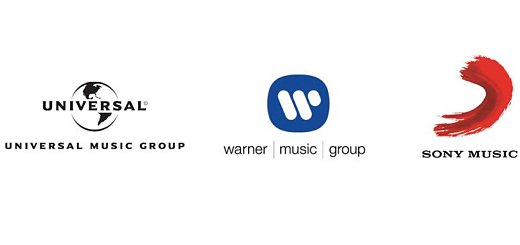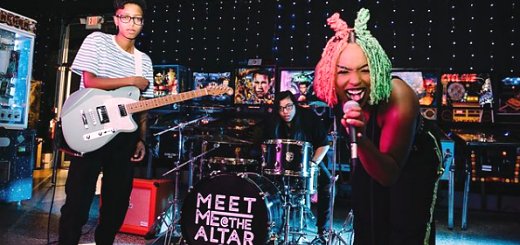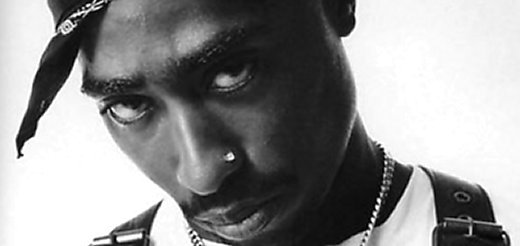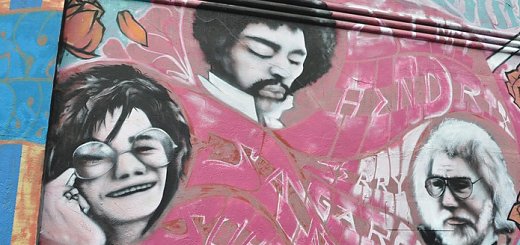"Murder ballads have collectively come from Black and white cultures"

"Murder ballads are part of Appalachian, hillbilly, and country music traditions. But they also exist in blues, spirituals, and slave song traditions" - the author of excellent podcast Songs in the Key of Death writes in the Esquire on the origins of murder ballads. Courtney E. Smith argues there's segregation beneath: "Ice-T still faces derision for writing a song from the point of view of someone who is fed up with abuse from the police ['Copkiller'] but Johnny Cash is a hero for singing the lyric 'I shot a man in Reno just to watch him die'".
